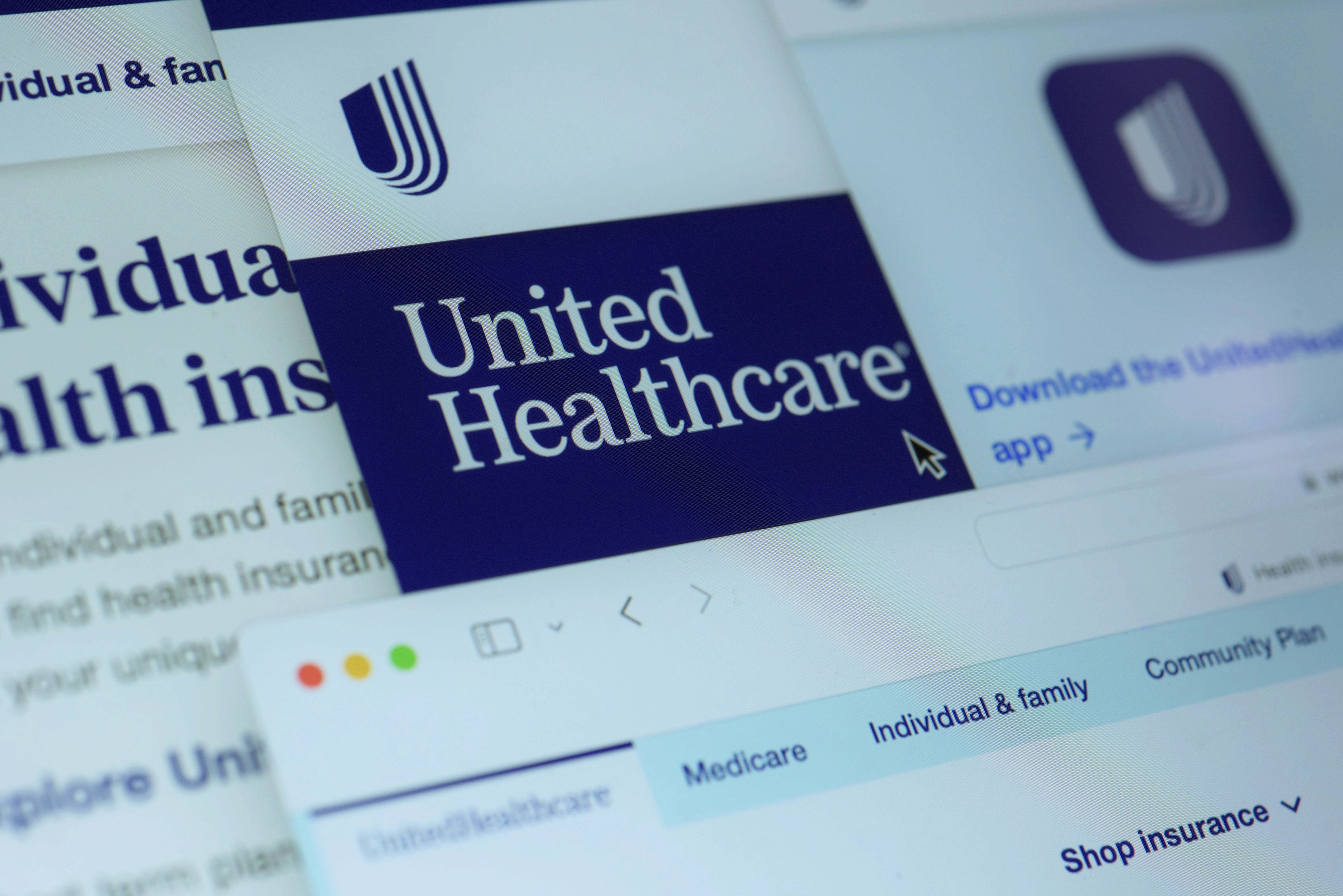
Introduction: AI as an Assistant, Not a Replacement
Artificial Intelligence (AI) in healthcare isn't about replacing doctors or nurses—it’s about giving them time back. Every day, physicians and healthcare professionals are buried under administrative tasks, from processing insurance claims to transcribing notes. These time-consuming activities pull attention away from what matters most: patient care.
Enter Agentic AI—intelligent, adaptive, and autonomous AI systems designed to streamline operations, automate repetitive tasks, and enhance decision-making. By integrating AI as a healthcare assistant, organizations can optimize workflows, reduce costs, and improve patient outcomes.
What is Agentic AI in Healthcare?
Unlike traditional AI, Agentic AI is capable of making independent decisions based on real-time data, adapting dynamically to different healthcare environments. It goes beyond automation by actively learning and improving processes over time.
Key Functions of Agentic AI in Healthcare:
Automating Administrative Tasks – AI handles billing, claims processing, and appointment scheduling, reducing human workload.
Enhancing Diagnostic Accuracy – AI-driven algorithms detect diseases earlier and more accurately than traditional methods.
Optimizing Revenue Cycle Management (RCM) – AI-powered systems, like those developed by Arrow, minimize claim denials and improve financial efficiency.
Reducing Physician Burnout – By taking on documentation and data entry, AI allows doctors to focus on their patients.
AI-Powered Automation: Smarter, Faster, More Efficient
1. AI in Medical Billing & Claims Processing
Healthcare providers lose billions annually due to inefficient billing systems and denied claims. AI tools, such as Arrow's AI-driven denial management software, help resolve rejected claims faster, ensuring practices get paid on time.
Example: AI in Denial Management
One study found that AI-powered RCM solutions reduced claim denials by 68%, leading to a 7% increase in net collections (source).
2. AI in Diagnostics & Decision Support
AI-powered tools like Google's DeepMind Health and IBM Watson assist doctors in diagnosing conditions such as cancer and diabetic retinopathy with higher accuracy than traditional methods.
Case Study: AI in Radiology
A recent study showed that AI detected breast cancer 5 years earlier than standard screenings, improving patient survival rates by 25% (source).
3. AI in Workflow Optimization
From robotic process automation (RPA) in hospital logistics to virtual AI assistants scheduling patient follow-ups, AI is reshaping healthcare workflows.
Learn more about how AI streamlines hospital operations.
AI & Physician Well-Being: Reducing Burnout
Physician burnout is at an all-time high, with nearly 50% of healthcare workers experiencing stress due to administrative overload (source). AI helps mitigate this by:
Automating documentation through natural language processing (NLP) tools.
Assisting in real-time clinical decision-making.
Managing electronic health records (EHRs) without manual input.
See how AI-powered transcription services reduce charting time by 80%.
The Ethical & Practical Challenges of AI in Healthcare
Despite its benefits, AI adoption in healthcare faces challenges:
Data Privacy & Security: AI must comply with HIPAA regulations to protect patient data.
Bias in AI Algorithms: AI models must be trained on diverse datasets to avoid diagnostic inaccuracies.
Integration Issues: AI must seamlessly integrate with existing hospital EHR systems.
Read about AI ethics in healthcare.
FAQ: Common Questions About AI in Healthcare
1. Will AI replace doctors?
No. AI is an assistant, not a replacement. It enhances efficiency, allowing doctors to focus on patient care.
2. Is AI in healthcare safe?
Yes, but it requires continuous monitoring, ethical oversight, and compliance with medical regulations.
3. How does AI improve claim approvals?
AI automates error detection and predictive analytics, reducing claim denials by up to 68%.
4. What’s the future of AI in healthcare?
AI will continue evolving, making medical workflows more efficient, reducing costs, and improving patient outcomes.
Discover how AI is shaping the future of healthcare.
Conclusion: The Future of AI-Driven Healthcare
AI in healthcare isn’t about making medicine robotic—it’s about making it smarter, faster, and more efficient. By automating administrative tasks, improving diagnostics, and reducing burnout, AI is helping providers focus on what truly matters: caring for patients.
Want to see AI-powered RCM in action? Contact Arrow today to learn how we reduce claim denials and speed up revenue cycles.
Related Articles






